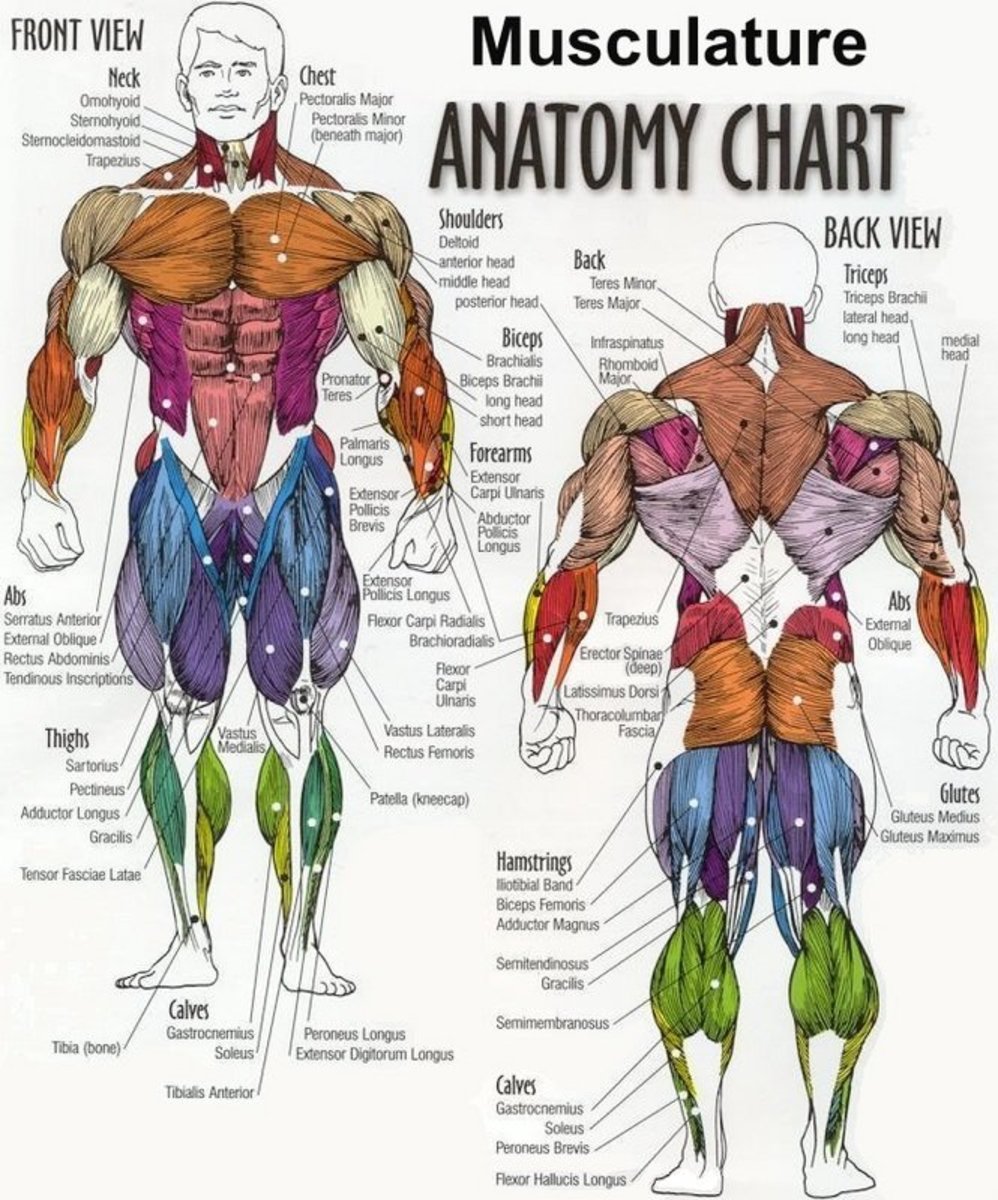Patient Care Negligence

Patient care negligence is growing concern in our society today, the causes and many and varied. Allied health professional have an obligation to practice safely and properly, however, this is not always the case, unfortunately there are a few that ruin the reputation for many. It is not easy to monitor healthcare services that are provided in multiple settings. Consider the diverse Health care settings:
- The home, where outpatient services for an acute or chronic medical condition are provided
- Nursing homes, long-term-care institutions that provide care for the chronically ill and elderly
- Hospitals or medical centers, healthcare facilities where care is provided to patients who have emergency or urgent healthcare problems
- Rehabilitation centers, short-term-care facilities where care is provided for the physically and mentally incapacitated
- Psychiatric center, facilities for the care of the mentally ill
- Physical therapy centers or clinics, where outpatient recuperative services are provided
Allied health professionals are not alone, Nursing and Medical Assistants share the same areas of potential negligence. Common areas of negligence for Nursing Assistants is as follows:
- Failure to document, report, or record information accurately, promptly, and properly
- Failure to recognize equipment failure or problems resulting in patient injury
- Failure to properly perform a task such as assisting a patient with feeding or bathing or providing other patient contact
- Failure to report changes in a patient’s condition to a nurse or physician or other appropriate healthcare provider
This negligence can be avoided if the healthcare workers conduct themselves reasonably when providing patient services. To determine whether the allied health professional conducted himself or herself as a reasonable professional, the judge or jury determines whether the professional practiced in accordance with the accepted standards in the particular specialty. Allied health professional must conduct themselves in accordance with the applicable professional standards, rule and regulations The sources for standard of care included, but are not limited to, the following:
- Allied health professional associations
- Rules and regulations set forth by the Joint Commission
- Policies, procedures, bylaws, rules and regulations set forth by an institution or employer
- Current medical literature and authoritative textbooks
- Experts in the field
- Job descriptions
- Instruction manual
- Professional licensing boards policies/guidelines/opinions
- State statutes and regulations
- Equipment manuals
There is however a way for medical assistants to decrease potential liability in their practice note these five ways as follows:
- When using equipment, the nursing and medical assistant must check the equipment to ensure that it is in good working order.
- Equipment that has been previously known to malfunction or that has an obviously broken part should not be used
- The assistant assigned to monitor the patient must do so diligently. If the patient is to be observed at set intervals, then this must be done and documented.
- If restraints are to be regularly checked, then the assistant needs to physically accomplish this monitoring by touching and properly observing and documenting.
- If a change is the patient’s condition is noticed, this must also be reported to a supervisor.
Faulty Equipment is also a liability. If a nurse requests that a nursing assistant or medical assistant assist in the transport of a patient and instructs him or here to obtain a stretcher, the stretcher that is obtained should be in good working order. If the assistant knows that the stretcher has a faulty wheel but uses it anyway, the assistant may be held negligent if injury occurs. The law deems that the knowledge of faulty equipment puts the allied health professional on notice of the potential for possible injury to the patient. The nursing or medical assistant has a duty to check equipment to ensure that it is in safe working order and to report faulty equipment so that it can be repaired.
Reference: Legal and Ethical Issues in Health Occupations by Tonia Dandry Aiken






